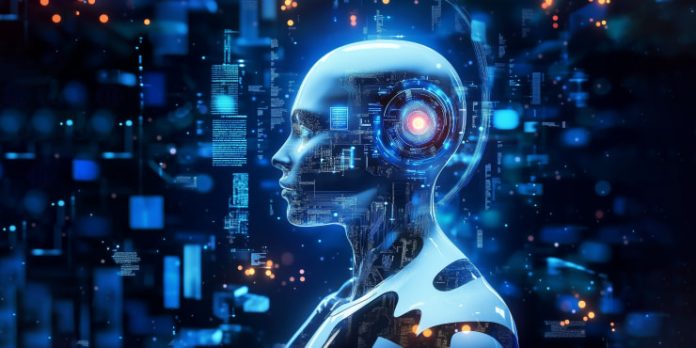Artificial Intelligence (AI) is no longer a concept confined to science fiction. As we step into 2025, AI continues to reshape industries, enhance productivity, and drive innovation at an unprecedented pace. From autonomous vehicles to personalized healthcare, AI’s applications are becoming increasingly integrated into our daily lives.
One of the most groundbreaking advancements is AI’s role in healthcare diagnostics. Machine learning algorithms can now detect diseases with higher accuracy than human doctors, leading to faster and more effective treatments. AI-powered imaging tools are capable of identifying anomalies in medical scans that might be missed by the human eye, and predictive analytics is helping to forecast potential health risks based on genetic data and lifestyle factors. The integration of AI into telemedicine has also expanded access to quality healthcare, allowing patients in remote areas to consult with top specialists from around the globe.
In the automotive industry, AI is revolutionizing transportation by powering self-driving cars and optimizing traffic flow in smart cities. Autonomous vehicles equipped with advanced sensors and AI algorithms are reducing accidents caused by human error, potentially saving thousands of lives each year. AI-driven traffic management systems analyze real-time data to adjust signal timings and reduce congestion, resulting in more efficient urban mobility. Logistics and supply chain sectors are also benefiting from AI, with smarter routing algorithms minimizing delivery times and fuel consumption.
Retail and e-commerce are experiencing a transformation through AI-driven personalization engines. These systems analyze user behavior, purchase history, and browsing patterns to deliver highly tailored product recommendations, enhancing customer satisfaction and driving sales. AI-powered chatbots and virtual assistants are providing seamless customer service experiences, handling inquiries and resolving issues with minimal human intervention.
However, the rise of AI also brings challenges. Ethical considerations, job displacement, and data privacy are critical issues that must be addressed. As AI evolves, collaboration between governments, tech companies, and the public will be essential to harness its full potential responsibly. Establishing transparent guidelines and ethical frameworks is crucial to ensure AI development aligns with societal values and benefits humanity as a whole.
